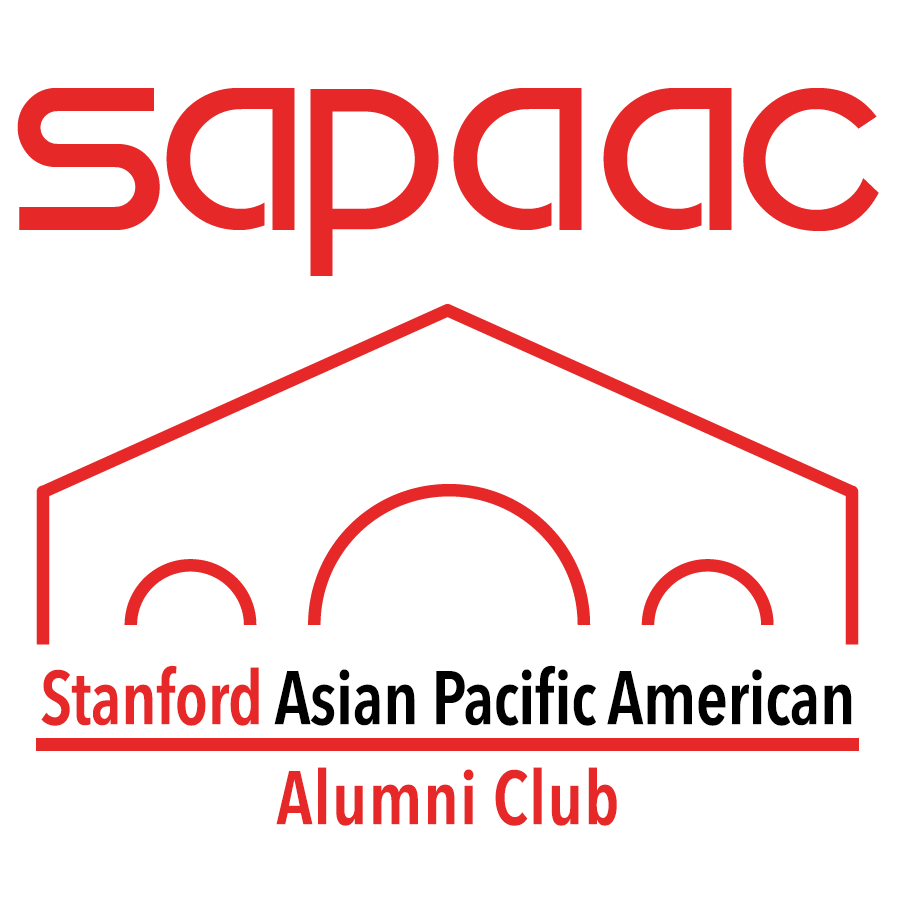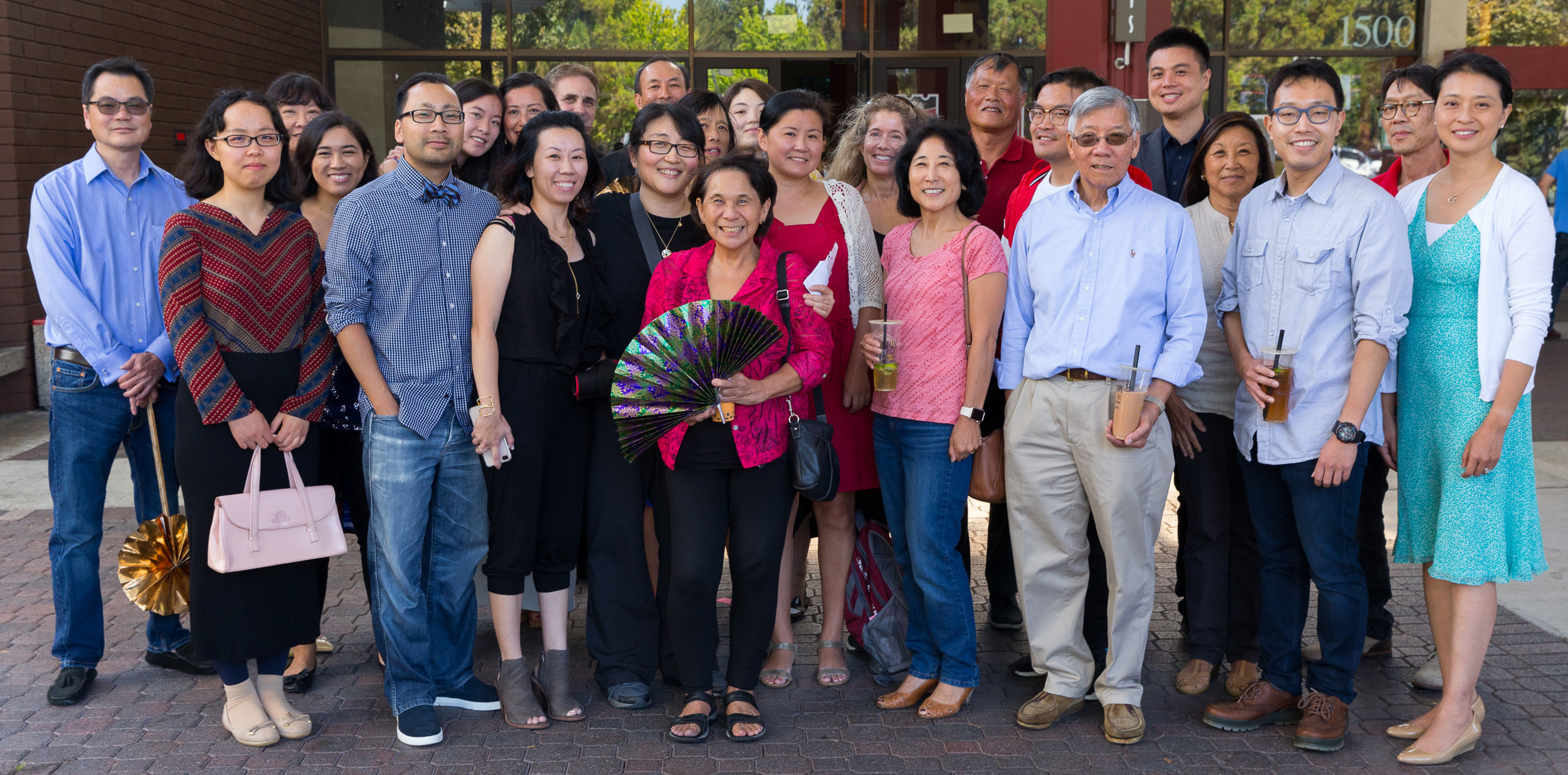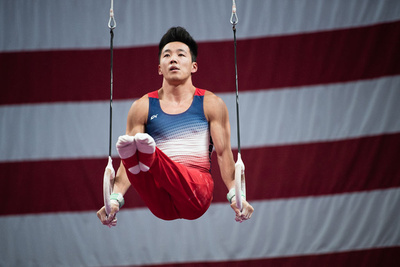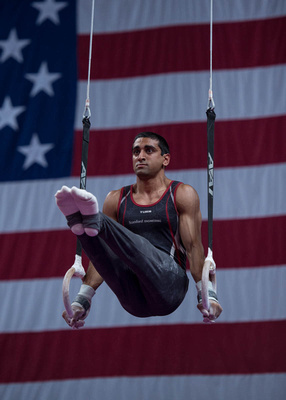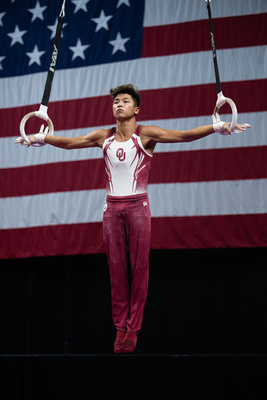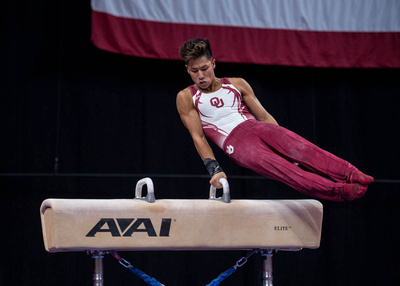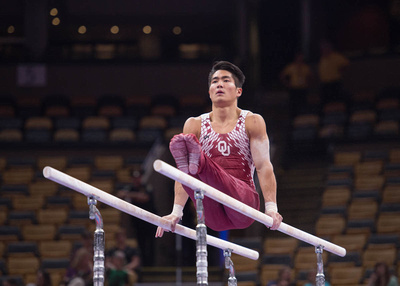CRAZY RICH ASIANS
(cuz really, what else were we gonna lead with?)
If you've spent a minute on social media, the biggest API story of August is ... CRAZY RICH ASIANS! The film made a stunning debut to rave reviews, and has stayed strong, raking in nearly $120 million domestically and topping the box office for three weekends straight. It is the first Hollywood production to star an all-Asian cast since The Joy Luck Club in 1993.
The mahjong scene! (The Story Behind Crazy Rich Asians’ Mahjong Showdown — Vanity Fair)
The men! (How the "Crazy Rich Asians" movie could help change stereotypes about Asian men — Washington Post)
The music! Christopher Tin ’98 MS ’99 arranged, conducted, and produced the opening credit song, “Waiting for Your Return,” sung by Jasmine Chen. The soundtrack features several Asian American artists, including Chen, Cheryl K, Kina Grannis, and USC pre-med student Katherine Ho. (The Los Angeles Times shares the serendipitous story of how Ho got pulled into the production to cover the song Yellow in Mandarin.)
It's truly a movement! (BBC) Constance Wu, a Taiwanese American actress, discusses playing the film's protagonist (LA Times) and how she previously lost parts for being an outspoken advocate for minorities and representation (The Guardian).
SAPAAC chapters in Los Angeles, New York and San Francisco joined the craze and organized special screenings! See photos from all three outings, including our very own “red carpet” premiere: http://www.sapaac.org/events/2018/8/22/crazy-rich-asians
SAPAAC members in the Bay Area support a #GoldOpen for "Crazy Rich Asians" Photo by Roger Chen.
The film is a landmark in API representation, sparking nationwide conversations and underscoring the fact that more diverse stories are appealing to American audiences. Director John M. Chu has revealed that a sequel is in the works (and teaches audiences how to make dumplings here.)
Many heartfelt articles shared how much representation matters. For example, Jenn Fang, founder of Reappropriate, wrote in The Washington Post:
"Since the arrival of America’s first Asian immigrants, we have not been the arbiters of our own narrative. Popular culture has drawn upon racial stereotypes to portray Asian Americans as strange, suspicious and hopelessly un-American, and we have lacked the power to combat those images with media that defines ourselves for ourselves.
Boasting a predominantly Asian and Asian American cast and crew, the movie is a rare example of Asian Americans taking the reins to tell a story completely from our own perspective. It succeeds by drawing inspiration from our real lives."
The Los Angeles Times also has an amazing video featuring all the “crazy diverse roads” that led the different actors to star in the film, and what participating in this production means to them.
However, some critics have pointed out that the film reifies class and wealth, when new studies have shown that the level of inequality among Asians in the United States has surpassed that of Latinos and African Americans. Today, Asians have “the largest income gap in the U.S.” with the top Asian American earners making far more than those on the lowest rungs.
But while the film may not be a realistic portrayal of Singapore, drawing criticism for its limited portrayal of diverse races in the city-state, many minorities still found it a big step forward, especially for Hollywood.
BOOKS
It’s been a great summer for Asian American authors, too! “Number One Chinese Restaurant” by Lillian Li was reviewed in The New York Times. Yoon Ha Lee released "Revenant Gun," the third volume in his Machineries of Empire trilogy. “Wildcard” by Marie Lu made Publisher Weekly’s “Most Anticipated Children’s and YA Books of Fall 2018” list. Lee and Lu are both Asian American sci-fi writers, and Karissa Chen, writing about the “Dazzlingly Different Worlds Of Chinese Vs. Asian-American Sci-Fi” reminds us not to conflate creative works from Asia with the distinct perspective of Asian American writers, though she finds both types of fiction worthy of celebration.
ELSEWHERE IN ENTERTAINMENT
"Searching" starring John Cho was praised by critics. Ricky He was chosen as the main love interest in the Disney remake of “Freaky Friday” as a television musical. “To All The Boy’s I’ve Ever Loved” starring Lana Condor premiered on Netflix. Jenny Han, the Korean-American author of the book the film was based on, writes in The New York Times about what it means to see “An Asian-American Teen Idol Onscreen, Finally”—because “when you see someone who looks like you, it reveals what is possible.” When Hollywood producers initially tried to whitewash the lead actress, Han emphatically said "NO!" Unfortunately, Condor was recently caught flat-footed for a poor comparison when she claimed discussions about inter-racial dating were like facing LGBT discrimination. (P.S. In a different Netflix rom-com, the lead character Sierra Burgess wants to go to Stanford University.) Awkwafina of Crazy Rich Asians fame, who has Korean and Chinese ancestry, rocked her appearance on Jimmy Kimmel live and also has a hilarious turn on a Vogue video talking about her dating past.
HBO launched an "Asian Pacific American Visionaries" short film competition while the Bay Area chapter of the Asian American Journalists Association, organized the popular “Hella Asian” storytelling night. In the style of The Moth or other storytelling evenings, the event featured API editors, writers, filmmakers and creative directors, with proceeds supporting AAPI journalists through scholarships, workshops, events and other programming.
Kelly Marie Tran, a Vietnamese American actress in the latest Star Wars flick, was hounded off Instagram earlier this year by web critics dissatisfied with her performance. She blasted back this month with an op-ed in The New York Times, claiming, “I Won’t Be Marginalized by Online Harassment."
REPRESENTATION
Constance Wu calls 'Crazy Rich Asians' 'historic': 'We all have a story' (USA Today)
"Director Jon M. Chu says he hopes the film's success will enable more like it in the future that can show the diversity of an under-represented community." (NBC News)
“When a movie with all Asian leads brings up $35 million in the first week, executives sit up and take notice.” (NBC News)
"An all-Asian cast and no martial arts: Why the ‘Crazy Rich Asians’ movie matters" (Allyson Chiu in the Washington Post)
‘It’s not a movie, it’s a movement’: Crazy Rich Asians takes on Hollywood (The Guardian)
EDUCATION & WORKPLACE
The U.S. Department of Justice backed the lawsuit filed by Asian-American applicants against Harvard, alleging discrimination (NY Times). Conversely, another article considers “How the Fight Against Affirmative Action at Harvard Could Threaten Rich Whites,” suggesting that “if preferences for black and Hispanic applicants are abolished, expect a backlash against admissions boosts for children of alumni and donors.” (ProPublica) The Harvard Asian American Alumni Alliance wrote an open letter to their membership expressing the organization’s nuanced position on the complex issue of race and admissions:
"The very foundation of our organization is the belief that our racial and ethnic background is an indelible part of who we are. As a community of Asian Americans we are highly diverse and yet we have come together first as students and now as alumni through our shared experiences—of immigration, family, expectations, language, food, values and even a Hollywood movie that we thought we might never see.
That shared experience...includes persevering in the face of discrimination ranging from everyday slurs and the questioning of our right to belong to American society, to extreme injustices, oppression and hate crimes...that is why we feel we must raise our voice."
"We strongly believe that any bias or potential bias against any group must be addressed by more and deeper understanding of racial, ethnic and cultural issues, not less” and we “also believe that race and ethnicity are critical components of the diversity of the student body that enriched our Harvard educations.”
A scholar in Philadelphia worries that nationally, “Asian teachers comprise only 2 percent of the teacher labor force although nearly 6 percent of public school students identify as Asian.”
However, discrimination is not only limited to education. Stanford psychology professor Jeanne Tsai and former graduate student Lucy Zhang Bencharit, PhD 2018, find that workplace bias stemming from cultural difference about “how emotions are displayed” could influence hiring decisions. According to Stanford News, “Tsai believes their research might also provide a possible explanation of the “bamboo ceiling,” a phenomenon that describes how in American corporate culture, Asian Americans often stall in middle management and rarely make it to top leadership positions.”
Jeffrey Li, lives a double life (Aspen Times) as a talented cellist and Google software engineer. Though not an alumnus, he has played in the Stanford Festival Orchestra, which performed live waltzes and polkas at the Viennese Ball.
CURRENT POLITICS & HISTORY
Thousands of Vietnamese, including the children of American soldiers born in Vietnam, could be deported under Trump policies. (Washington Post)
An Asian American GOP official says party members have called her "Ch-nk", while a Democratic state legislator warned voters not to vote for the “ching chong” candidate. Representative Sarah Chang still won the race.
Min Jin Lee was recognized as one of 200 individuals embodying “Frederick Douglass’s enduring legacy of social change.” A National Book Award finalist, Lee's writings "wrestle with the themes of race, class, diaspora, religion and love.”
A lively and multi-faceted feature in The Washington Post explores “What does it actually mean to identify as Asian American in 2018?”—a term first coined in 1968 by activist and historian Yuji Ichioka.
As the summer winds down, NBC reveals how a Chinese cook’s cuisine helped persuade leaders to create the National Park Service, and that Chinese laborers worked on Yosemite’s roads and hospitality centers. (They also built Stanford University's foundations.)
FOOD & HEALTH
The New York Times’ food critic lauds the influence of David Chang of Momofuku fame, now the leader of a burgeoning food empire.
A new report details "high heart disease risk in South Asians" in the United States.
The cast of "Crazy Rich Asians" talks about childhood food memories.
Taiwanese President Tsai Ing-wen visited Los Angeles, and stopped at an outpost of the famous 85* C bakery. Bakery staff presented her with a gift basket, but China and its netizens got angry at the company.
Akash Modi '17, MS '19 competes at the 2018 U.S. Gymnastics Championships
SPORTS
America's largest cricket facility is nearing completion, spearheaded by a Pakistani-born immigrant in Houston. The Prairie View Cricket Complex will have "at least 10 playing fields, an academy and a commercial space" and will serve the 28 amateur teams registered in the area.
Akash Modi '17, MS '19, Adrian De Los Angeles, Bennet Huang, Genki Suzuki, Kanji Oyama, Nathan Tsuji, and Yul Moldauer, are some of the Asian American athletes who competed at the 2018 U.S. Gymnastics Championships. Moldauer, last year's champion, placed second in the all-around. Modi placed sixth, Suzuki ninth, and Oyama rounded out the top ten.
Gallery photos by John Cheng. An interview with Akash earlier this year available here.
In Memoriam
Source: SFSU
Noted Filipina historian Dawn Mabalon, PhD ’04 passed away in August. The professor of Ethnic Studies at San Francisco State University was a significant contributor to the Ethnic Studies Movement and "a national mobilizer of the Filipina/o community,” according to Jerald Adamos of the Stanford Asian American Activities Center. Mabalon's research focused on "Filipina/o American history, historic and cultural preservation, and the Filipina/o American food traditions" and led to the preservation of Filipino heritage in the Little Manila area of Stockton, her hometown. (AsAm News)
— Visit www.sapaac.org/issues-advocacy for other editions of Asian American Issues
